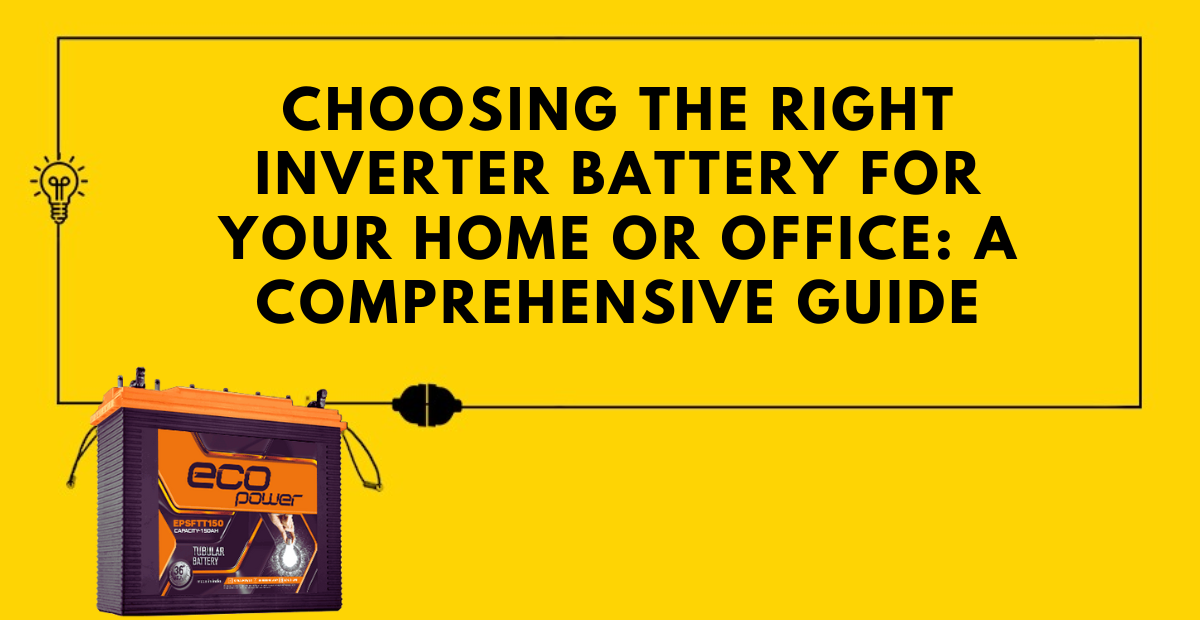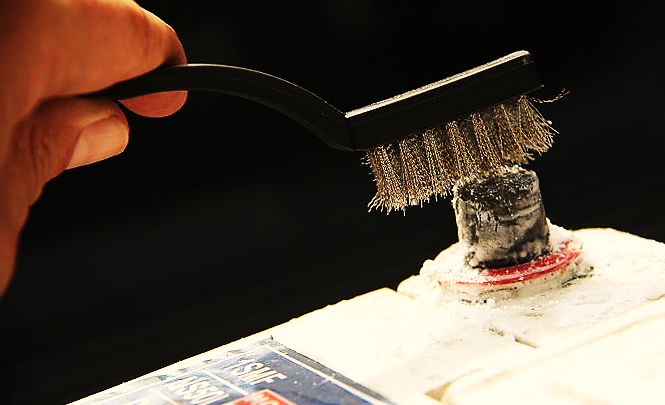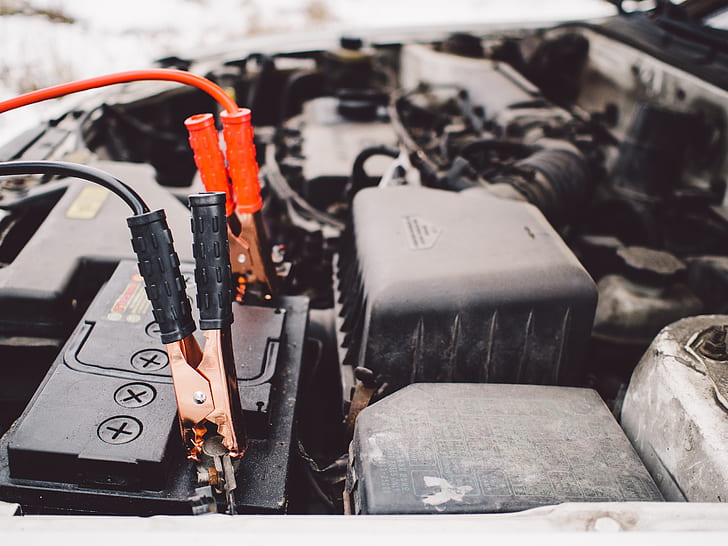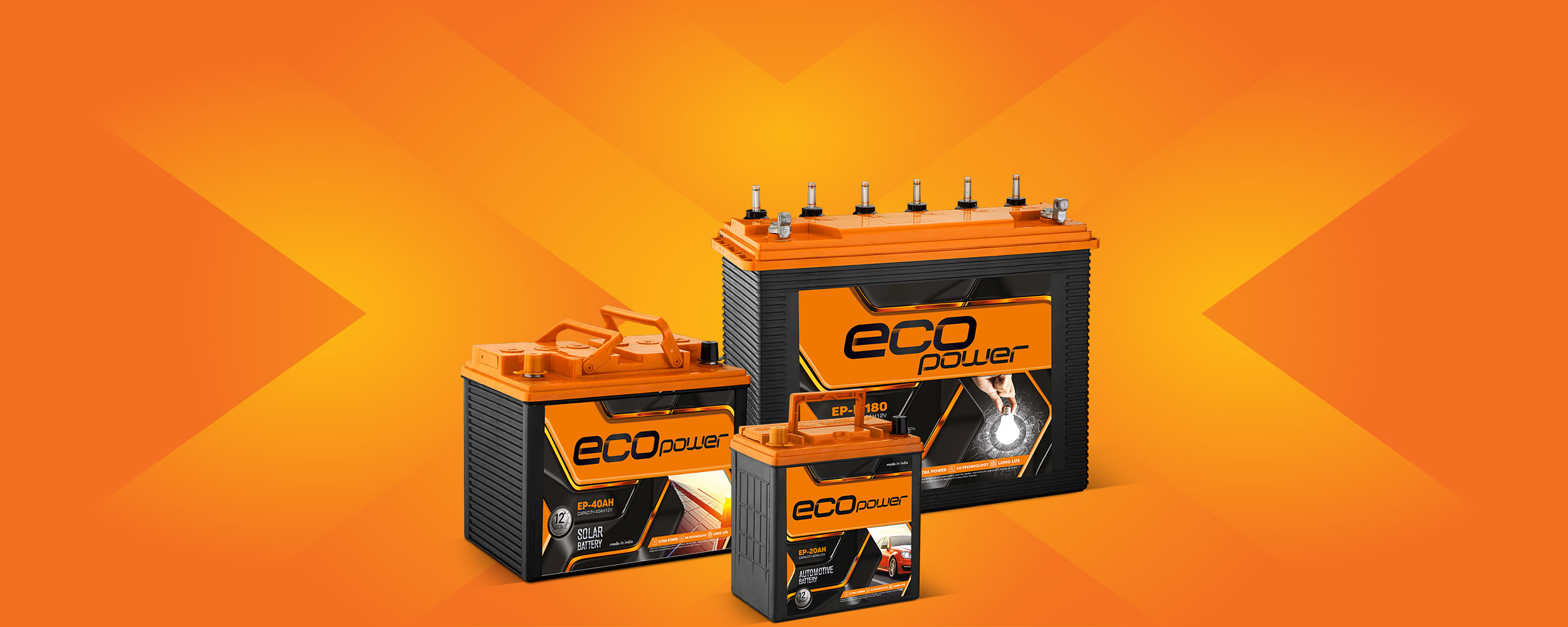In today’s world, where uninterrupted power supply is crucial, backup power systems have become a necessity. And at the heart of these systems lies the unsung hero – tubular batteries. These batteries play a vital role in providing reliable backup power during outages, making them the lifeline of backup power systems.
1. Understanding Tubular Batteries:
Tubular batteries are a type of lead-acid battery that is specifically designed for deep cycling applications. Unlike conventional batteries, tubular batteries are built with a unique design that enhances their durability and performance. They consist of tubular positive plates, which are made of lead alloy tubes filled with a high-density active material, and flat negative plates. This construction allows tubular batteries to withstand repeated deep discharges and recharges without losing their capacity.
2. Deep Cycling Capability:
One of the key advantages of tubular batteries is their deep cycling capability. This means that they can discharge and recharge multiple times without significant degradation in performance. This makes them ideal for backup power applications where frequent power outages occur. Tubular batteries can handle the demands of deep cycling, ensuring a reliable and consistent power supply during extended outages.
3. Longer Lifespan:
Another significant advantage of tubular batteries is their longer lifespan compared to other battery types. With proper maintenance and care, tubular batteries can last for several years, providing a reliable backup power solution. This not only saves costs in the long run but also ensures an uninterrupted power supply for homes, businesses, and critical infrastructure.
4. Compatibility with Inverter Systems:
Inverter systems play a crucial role in utilizing the power stored in tubular batteries. These systems convert the DC power from the battery into AC power, which can be used to run appliances and devices during power outages. Tubular batteries are specifically designed to work seamlessly with inverters, providing a stable and efficient power supply. The compatibility between tubular batteries and inverters ensures that the backup power system functions optimally, delivering power when it is most needed.
5. Applications in Various Industries:
The role of tubular batteries in providing backup power extends beyond just homes and businesses. They are widely used in industries, hospitals, data centers, and telecommunication networks to ensure uninterrupted operations during power disruptions. These batteries act as reliable.
When it comes to power solutions, Eco Power’s tubular batteries are making a significant impact. In India, there are several battery suppliers and manufacturers that specialize in producing tubular batteries, but Eco Power batteries are designed to focus on sustainability and energy efficiency, making them a leading battery supplier in India.






